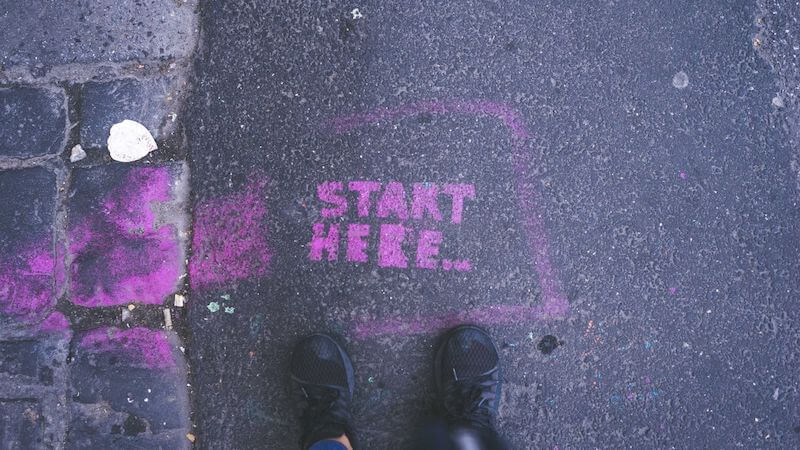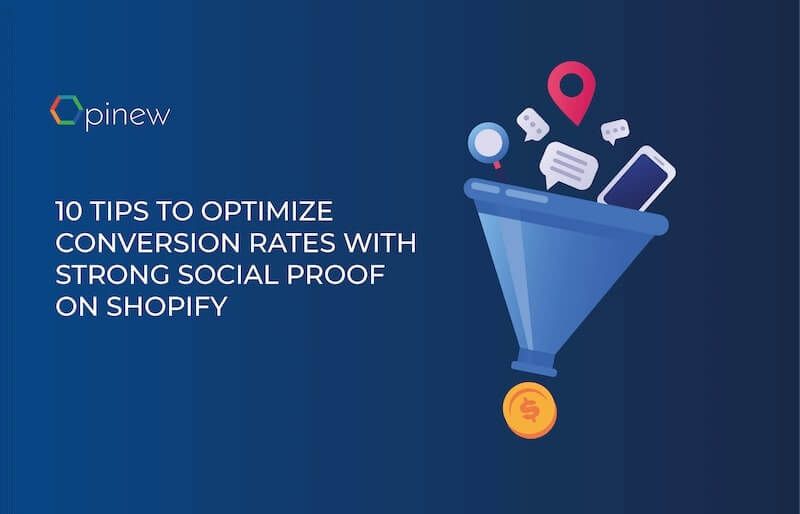
10 Tips to Optimize Conversion Rates With Strong Social Proof
Table of Contents
Everything that can be optimized should be optimized. That's the idea, at least when it comes to your eCommerce business. So we've put together a list of 10 tips to improve your conversion rates on your Shopify store using social proof:
1. Importing Reviews to Shopify
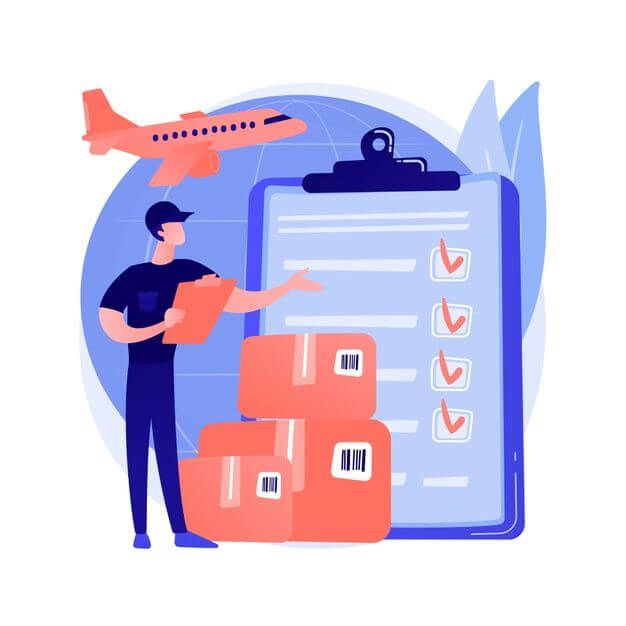
Importing reviews is at the top of our list because, with Opinew, you can import reviews from AliExpress, eBay, Amazon, you name it, and you can do so fast and easily too. In fact, it's the fastest way for you to get reviews on your Shopify store. Of course, we don't recommend relying exclusively on or too heavily on imported reviews as trying to get your own reviews is always good practice. However, while you're trying to get reviews, importing is your best alternative.
With this tip, you'll have product reviews on your Shopify store within minutes. Literally.
Check out our tutorials on how to import reviews from eBay and from AliExpress using Oberlo to your Shopify store.
2. Sending Out Review Requests

Sending out review requests is the single best way to get your own customer reviews, apart from importing already existing product reviews to your Shopify store, so using Opinew to set things up in a way that review requests will be sent out automatically is definitely the way to go. And with our Aftership integration, you can make sure that your customers get their review request emails only after they've received their order.
We've prepared tips & tricks on how to perfect your review requests strategy and get reviews from verified customers.
You see when you schedule review requests to be sent without having an integration that is tracking when a particular order gets delivered, maybe, from time to time, the delivery could take longer than you anticipated causing your review request email to be sent before your customer gets their order and that can generate confusion and a bad customer experience. So stick with Opinew and our Aftership integration to make sure that never happens.
3. Offering Coupons In Exchange For Product Reviews
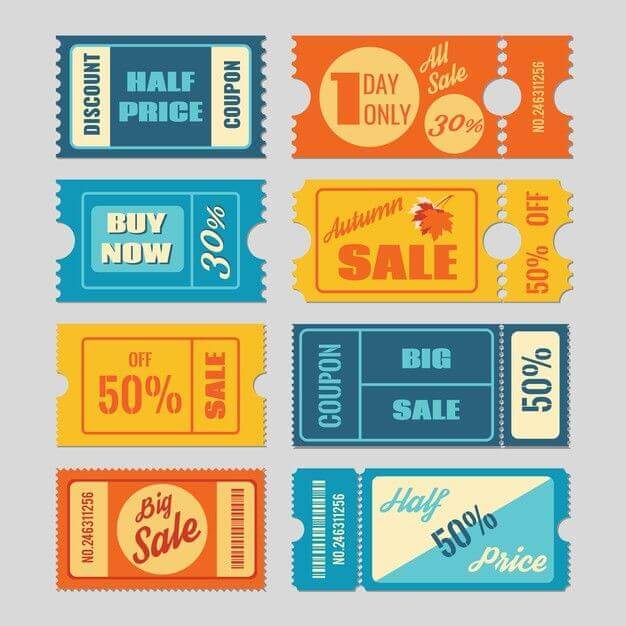
Offering coupons in exchange for reviews to your customers on your review requests doubles the likelihood of them writing a review. And that's another thing that can be easily done with Opinew.
Keep an eye on how many coupons you've got left. If you find that you're constantly running low on coupons or out of coupons, consider upgrading your plan to make sure that every customer who makes a purchase at your store gets a review request with a coupon.
If you run out of coupons, your review requests will still be sent out but without offering a coupon in exchange which lowers the effectiveness of those requests considerably.
4. Photo Reviews

Product Reviews with pictures are great but they're quite difficult to get, so consider asking a friend to write a review and add a picture. Make sure to tell your friend to be truthful, and not to overhype the product too much because there is such a thing as "too positive" when it comes to customer reviews. And your potential customers are smart and they hate feeling tricked, so please just ask for an honest review that describes the overall quality of the product and shows it using pictures, that's it. That's all you need.
If you're looking for inspiration, we have listed here our top 5 product review examples we've seen on Shopify stores.
Being truthful is the best way to build trust and that's the whole point. You're trying to get people who don't know your store or who you are to look at these reviews and think "Yeah, this looks legit".
Don't sabotage yourself by asking for overly positive reviews.
5. Video Reviews

First, let's address the issue that a video review is so unlikely to happen organically, that most users won't think a video review is 100% genuine.
There are a few ways to work around this. These two, for example:
a) Drop the pretence
Instead of posting the video as a review, you could showcase an unboxing video as part of the product page media, just as a way of letting your customers know what they can expect in terms of packaging and overall product size and build quality.
You could do that unboxing video yourself at little to no cost.
b) Influencers
Getting an influencer to do an unboxing video is a great way to showcase your product: you see, to the people that know that influencer and follow them and like them, the fact that they're the ones doing the unboxing is an added bonus, to the rest of your audience having that influencer still isn't completely irrelevant - regardless of whether they know that influencer or not they'll know that it's a person with a considerable following just from all the engagement and stuff, and that still makes a bit of a difference. Also, they all get an unboxing video that shows them clearly what they can expect when they order your product.
We're not saying these two are the only options you have available, but they're very good options for offering your potential customers realistic expectations about your product. When the customer knows what to expect, they usually have an overall better customer experience.
If you're curious about other types of videos that you could produce for your products check out Cincopa's Increase eCommerce Conversion Rates With Shopify Product Video.
6. Featured Reviews

Making sure your highest converting reviews are being showcased can be tricky. Mainly because identifying which reviews are contributing positively towards conversion can be, in and of itself, a challenging task. However, you will need to take the time to feature them correctly if you are looking to build trust and strong social proof on your Shopify store.
Sometimes a high-converting review isn't that perfect 5-star review that says "They're perfect, I love them!" So that's what makes identifying them tricky. Your highest converting review could very well be one that says "They're pretty good at this and this and that, I wish this and this would be better but... for that price, it's a bargain"
I'm not an expert on which reviews are the best in terms of conversion rates. I confess. But I don't need to be.
Opinew implemented an AI that identifies and showcases your highest converting reviews for you. So if you're using Opinew, you don't have to worry about that.
If you're using a different app I suppose you could figure out which reviews are helping you the most by featuring one for a limited time, then another, without changing anything else on your site, and then looking at the data. When did you have the highest conversion rate? Which review was being featured? That's one way of finding out, at least.
7. Asking For An Update

Bad reviews happen. And when they do we should react to them with a helpful and positive attitude. Our approach should be to attempt to understand the customer's concern and address it, hopefully fixing the problem. That's good customer service.
Any number of things could go wrong with a particular order or customer, that's normal, that's expected. What's important for other potential customers to know is that your store is the kind of store that follows through and doesn't leave the customer hanging. So in that sense, bad reviews aren't really bad, if your customer service isn't negligent.
So reach out to that customer and ask them to update their review if they haven't.
Hopefully, their review will detail what went wrong and how you worked to solve it. These kinds of reviews are super helpful. They are very good at building trust and that's what reviews are for.
If you want to learn more, check out our tips to handle negative customer reviews and turn them to your advantage.
8. Case Studies

This is particularly effective when the product aims to solve a very specific problem the customer may be experiencing... for example maybe a product that helps you fall asleep sooner. You could do your own case study with an app that monitors sleep and show your customers a comparison between how fast you fall asleep when using your product vs when you're not using it.
It's just an example, but the idea is to show your customers in very clear terms how well your product has worked for someone, in particular, using data.
Using data is an important aspect because we tend to be very trusting of numbers, that's what makes this so effective.
And while some products may lend themselves more easily (they provide easily measurable results) and some may prove more subjective or challenging, generally, there's a way.
For example, asking someone to rate something on a scale of 1 to 10 is a good way to turn subjective information into numbers. It may not be the most reliable way of measuring things but it can still be helpful.
9. Business Credentials
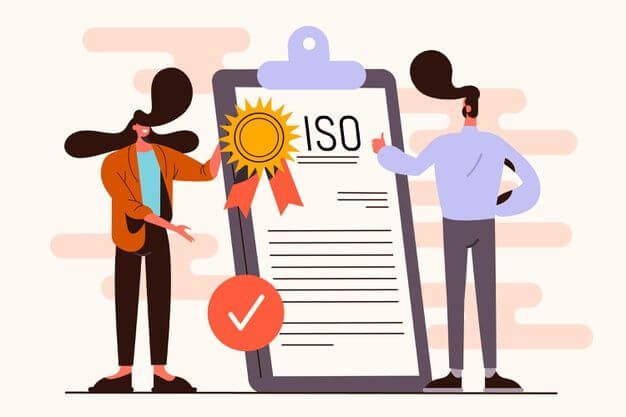
Certifications, business partners, or any other kind of business credentials can help establish you as a reliable brand, so for example, if you're selling a product on your Shopify store that you're also selling through other channels and perhaps you're the provider of that product for a few other businesses, you could list them as businesses who use that particular product. Of course, you should always ask if they're comfortable with that but for the most part, there shouldn't be a problem.
Showing these kinds of credentials lets your customers know that there are people who are using and relying on this product daily, which speaks volumes as to how dependable it is.
10. Celebrity Endorsement

Celebrity endorsements are a great way to get your customers to trust in the quality of any particular product. Getting a celebrity endorsement however, can be virtually impossible to get for most Shopify stores which is why we have it at the end of our list.
By getting a celebrity to endorse a product you sell, you get the trust that people have in that celebrity, so you should also keep in mind that not all celebrities are created equal. Some celebrities are more reputable than others.
We hope we answered most of your questions and if you've got any remaining questions be sure to contact us, we'd love to hear from you.
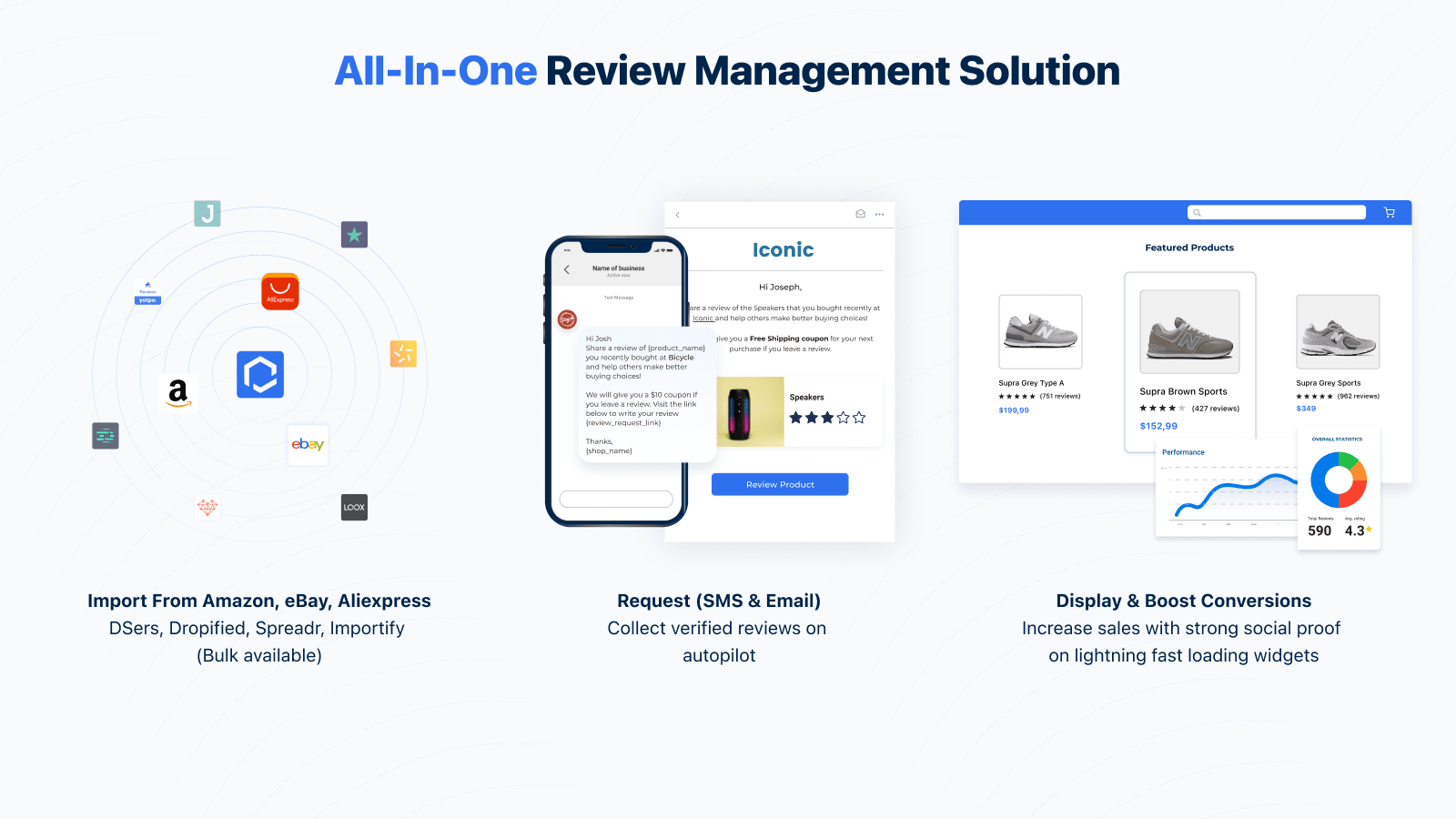
Get started for free
All-in-one review management solution for Shopify stores looking to build trust and increase conversions.
Opinew Blog Newsletter
Join the newsletter to receive the latest updates in your inbox.


